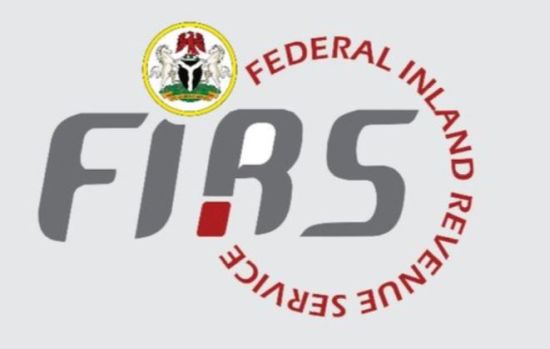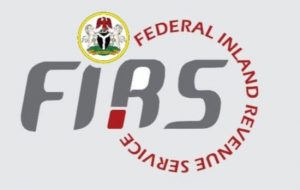The European Union under its Agents For Citizen-Driven Transformation (ACT) programme is collaborating with the Federal Inland Revenue Service (FIRS) to sensitise Civil Society Organisations (CSOs) on tax responsibilities and compliance.
The two organisations organised a webinar Thursday to promote CSOs understanding and knowledge of their tax responsibilities.
This, officials said, is part of efforts made by the EU-ACT to enhance the credibility and the role of CSOs as drivers-of-change for sustainable development.
The programme also gives an opportunity for CSOs to engage the FIRS on parts of tax regulations that concern them, and the challenges they face in their bid to stay compliant.
In his opening remarks, the Coordinating Director, Compliance Support Group, FIRS, Dick Irri, said the service wants to “sensitize CSOs and provide them with the required knowledge about their tax responsibility.”
“I believe the collaboration will significantly increase compliance by the CSOs and at the end of this event, participants are expected to understand the overview of taxation, incentives available to CSOs and their general tax obligations,” he said.
On its part, the EU-ACT said it wants to provide a space for structured and regular multi-stakeholder dialogues for an improved and inclusive regulatory environment for CSO operations in Nigeria.
The organisation noted that it has conducted several research and surveys on CSOs regulatory environment, adding that it has come to understand as factual the assertion that CSOs compliance to relevant laws and regulations is generally weak in Nigeria.
“These regulations are complex to many CSOs who lack the requisite knowledge and information about the regulations and how to go about such compliance. And even in trying to comply, CSOs face many challenges. In addition, the regulatory enforcement regimes of these laws are weak,” the EU-ACT said.
It added that these two factors, amongst others, lead to poor compliance of CSOs to such existing laws and: “this, for a fact, hinders CSOs effectiveness, limits their potential and in some cases is detrimental to their sustenance.”
But, aside from supporting civil society organisations to be effective, Damilare Babalola, EU-ACT national programme manager, said they are more interested in ensuring there is an open space for CSOs to thrive. He believes that partnership with regulatory agencies will play an important role in achieving that objective. “We have had several instances where non for profit organisations are not complying to tax and we also had from the other angle saying these tax obligations we are supposed to comply with are not clear to us. So the idea is to bring both players to the same table where the opportunity is provided for the duty bearers to explain what taxpayers are supposed to be doing,” he said.



